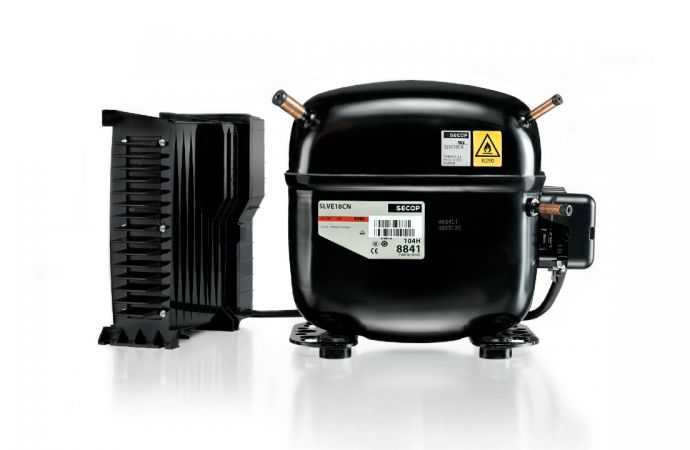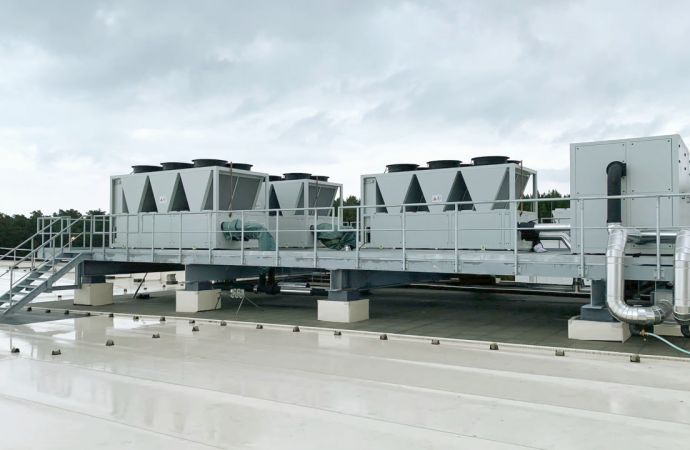Professor Armin Hafner shared his opinion that one should consider more than just GWP values at the recent ATMOsphere Europe conference.

Armin Hafner, NTNU
Refrigeration expert Armin Hafner of the Norwegian University of Science and Technology (NTNU), in a recent presentation, described HFOs, the latest generation of fluorinated refrigerants, as “totally unnecessary” in new systems, adding, “If you just look at the GWP value, that tells you nothing.”
Hafner, Professor of Refrigeration in the Department of Energy and Process Engineering at NTNU, made these remarks at the ATMOsphere Europe conference in Warsaw, Poland, on October 16 during a presentation on the latest trends in natural refrigerant technology. (See “NatRefs Expert Hafner Echoes Activist Greta Thunberg,” Accelerate Magazine, November-December 2019.)
Hafner did acknowledge that “for existing systems, yes, you may have a certain need [for HFOs or blends] in some areas.” HFOs and their blends have been designed to be lower in GWP than HFCs.
One of the problems with HFOs, according to Hafner, is that while some of these products may have an atmospheric lifetime of only 10 days, “nobody mentions their decomposition products.” These are not “disappearing into a black hole,” he stated. In particular, the widely used HFO R1234yf decomposes in the atmosphere into trifluoroacetic acid (TFA), which descends to earth in rainfall. (See the cover story from the September 2019 Accelerate Magazine, “HFOs, how much is too much?”)
He added that chemical manufacturers also don’t reveal how much energy they use to produce their products. “The process to produce is much more complicated than it was before, so they need much more energy to produce it.”
If you just look at the GWP value, that tells you nothing.” - Armin Hafner, NTNU
“What are the other things which are emitted into our environment?” Hafner asked. “If you ask the people producing [HFOs], they say no, this is not available for the public. They never tell you because it will kill this earth.”
Hafner also noted out that HFOs are not just a potential environmental issue; they may also be a health and safety issue. For R1234yf, the maximum allowed concentration in the workspace is 200ppm, according to Hafner.
“So, if you have a supermarket which is using this stuff, and an accident happens, how can they secure that the people working there won’t be exposed to more than 200 ppm?” Hafner asked, before noting, “On the other side, how do they monitor or check that their customers are not exposed?”
Related stories



